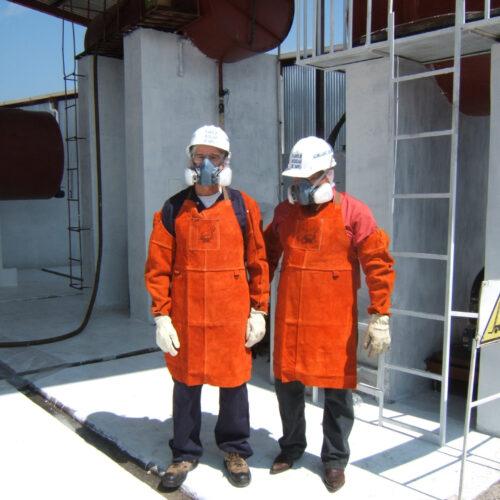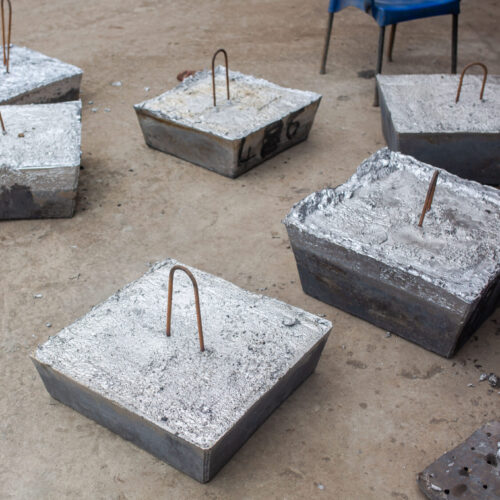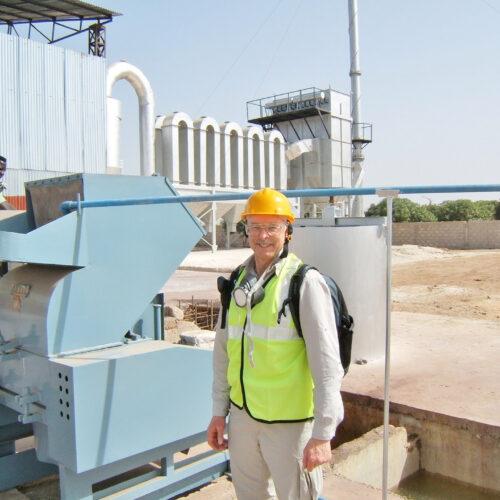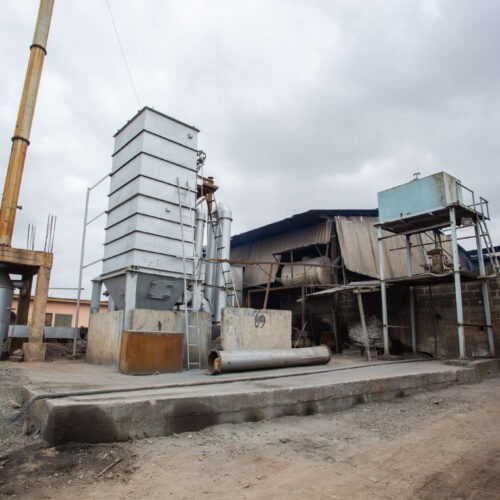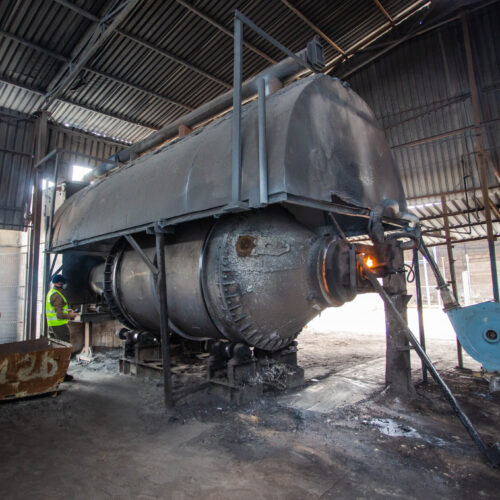Impact Projects Overview
THE CHALLENGE
The Risks of Substandard Lead Battery Recycling
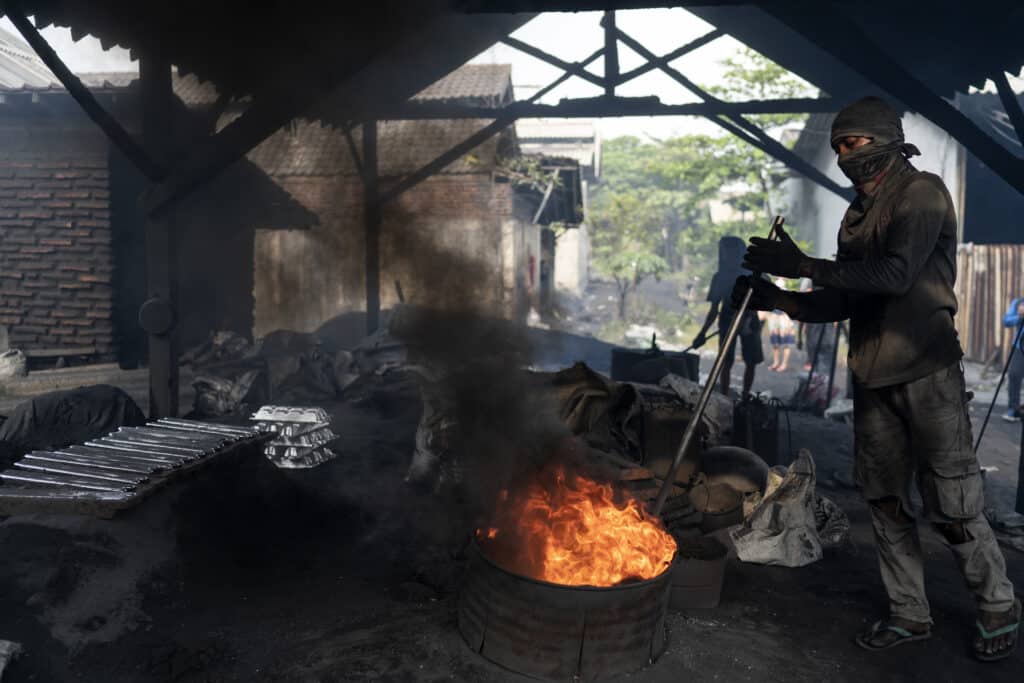
Lead is essential for powering a sustainable future, thanks to its important role in enabling future-proof technologies, from hybrid and electric vehicles to renewable energy storage. The recycling rate of lead batteries typically exceed 95% in North America and Europe and up to 80% or more of a typical lead battery is made from recycled content. These facts mean that, when recycling is undertaken using measures that protect human health and the environment, the lead battery is a perfect example of the circular economy in action. Reusing the valuable battery raw materials from end-of-life products reduces reliance on mining new metals and minerals and creates economic value.
However, problems exist in countries where little or no regulation is in place, and where vulnerable communities take part in substandard, and sometimes illegal, lead battery recycling practices, despite the health and environmental risks.
The impacts of informal and substandard lead battery recycling have been documented, most notably by UNICEF and Pure Earth in their report “The Toxic Truth: Children’s Exposure to Lead Pollution Undermines a Generation of Potential”.
THE SOLUTION
Tackling Informal Lead Battery Recycling, Together

As part the Lead Battery 360°initiative, we are working with global partners to help tackle informal and substandard lead battery recycling and to help improve standards in lead battery recycling worldwide. For more than two decades, we have worked in 40 low and middle-income countries, advising governments, communities and companies on best practice lead battery recycling methods to help improve standards at plants and protect communities.
The Lead Battery 360o initiative supports UNICEF and Pure Earth priority areas for action:
- Setting up and implementing monitoring and reporting systems including building capacity for blood lead level testing.
- Setting up and implementing prevention and control measures including preventing children’s exposure to high-risk sites and products that contain lead, including acid-lead batteries.
- Strengthening management, treatment and remediation to detect, monitor and treat lead exposure among children; and providing children with enhanced educational interventions and cognitive behavioural therapy to better manage the negative effects of lead exposure.
- Raising public awareness and behaviour change including creating continual public education campaigns about the dangers and sources of lead exposure with direct appeals to parents, schools, community leaders and healthcare workers.
- Promoting legislation and policy including developing, implementing and enforcing environmental, health and safety standards for manufacturing and recycling of lead acid batteries and e-waste, and enforcing environmental and air-quality regulations for smelting operations.
Through the Lead Battery 360o initiative, the industry is committed to delivering on these objectives. However, we cannot do this alone. We encourage the adoption of a coordinated and concerted approach and encourage governments, civil society, and other stakeholders to act together on these shared objectives.
As part the Lead Battery 360°initiative, we are working with global partners to help tackle informal and substandard lead battery recycling in low- and middle-income countries with the goal of improving standards in lead battery recycling worldwide.
As described in the article “The Trouble Shooter“, for more than two decades, we have worked in 40 LIMCs, advising governments, NGO’s, communities and companies on best practice lead battery recycling methods to help improve standards and protect communities.
In the Global Battery Alliance White Paper on Creating and Environmentally Conscious Life cycle for Lead-Acid Batteries we provided recommendations for policy makers that we believe will help irradicate informal and substandard lead battery recycling in low and middle income countries including:
- Create economic and social policies aimed at shifting the market forces to ensure used batteries stay in the formal supply chain (e.g. battery deposit systems and taxes/subsidies to influence the market for used lead batteries).
- Encourage appropriate division of labour between the informal and formal sectors so that certain non-smelting activities may be conducted by the informal sector, such as waste collection and sorting, while other activities, such as battery breaking and smelting, are limited to the formal regulated sector.
- Establish an effective regulatory framework that ensures that formal lead battery recycling facilities are licensed and operate to acceptable environmental and health and safety standards.
- Develop regulatory requirements for battery manufacturers to encourage the adoption of responsible sourcing practices for both primary and recycled lead.
- Establish a dedicated funding mechanism to identify and remediate former lead battery recycling sites that are contaminated with lead, focusing on sites adjacent to residential areas.
- Educate communities about how to select appropriate batteries for energy access and how to return used batteries safely and responsibly.
THE SOLUTION
Tackling Informal Lead Battery Recycling, Together
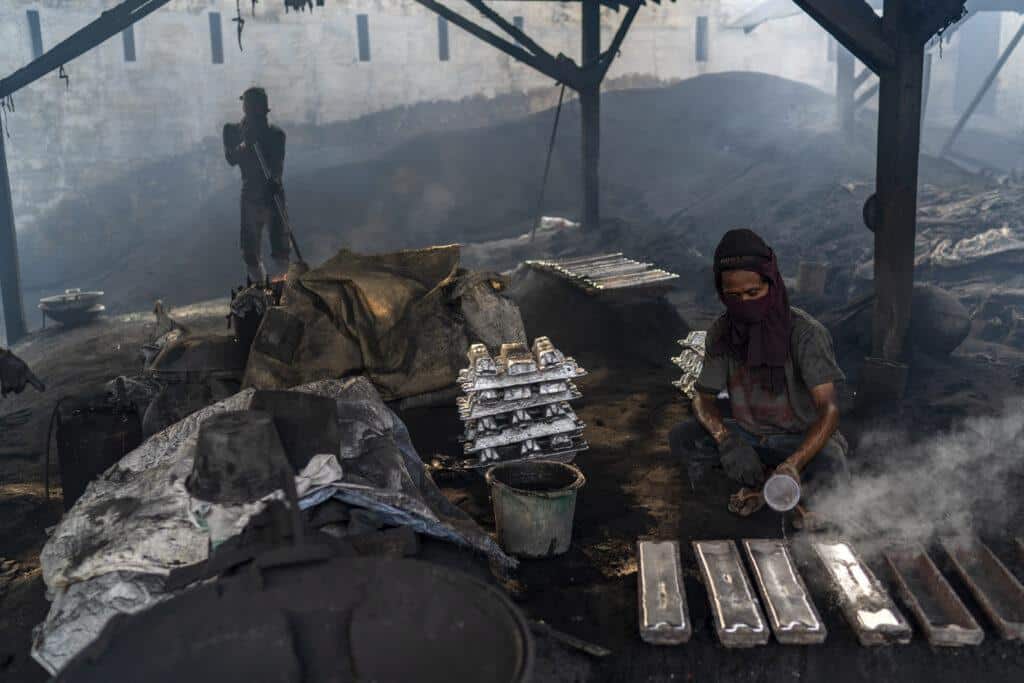
Our Projects
Bangladesh
READ CASE STUDY
Lead-safe opportunity for Bangladesh
READ MORE >Ghana
READ CASE STUDY
Sharing Good Recycling Practice in Ghana
READ MORE >Philippines
READ CASE STUDY
Improving lead battery recycling through environmentally sound technologies in the Philippines
READ MORE >Kenya
READ CASE STUDY
Improving environmental, health and safety practices in Kenya
READ MORE >Dominican Republic
READ CASE STUDY
Adopting environmentally sound lead battery recycling in the Dominican Republic
READ MORE >Costa Rica
READ CASE STUDY
